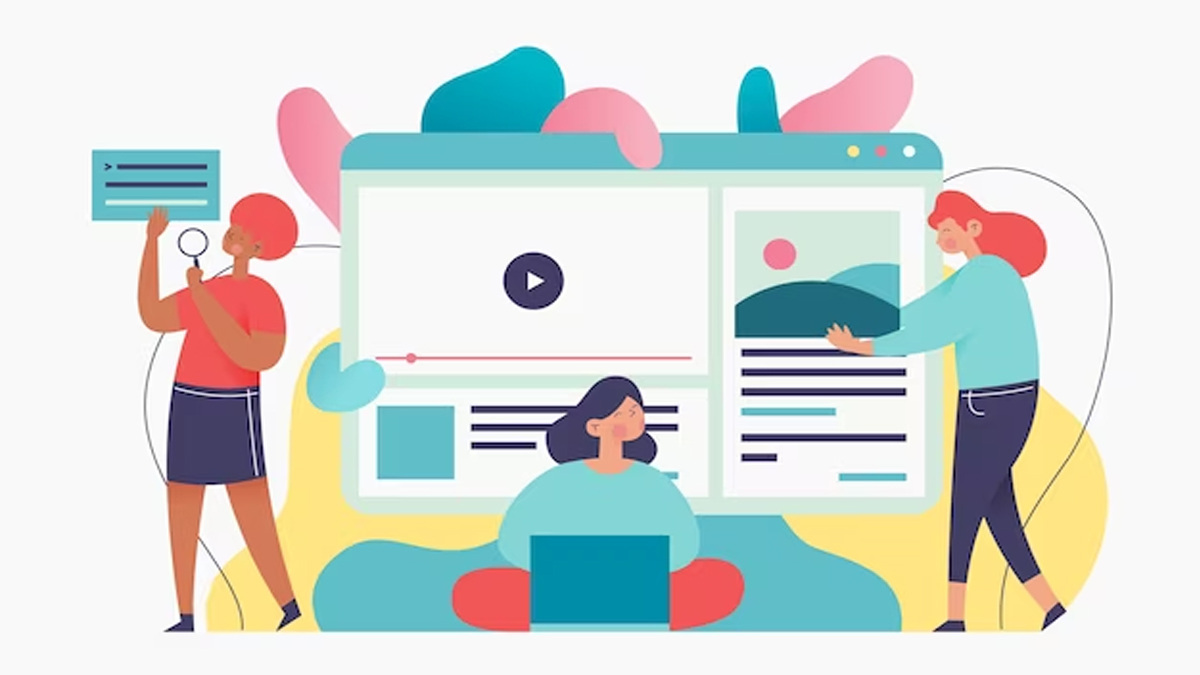Let’s discuss some of the key challenges related to copyright in user-generated content platforms.
1. Ownership and Rights:
When users upload content to these platforms, questions arise regarding ownership and rights. Users may upload copyrighted material without proper authorization, leading to infringement issues. Determining who owns the content and whether users have the necessary rights to share it can be complex, especially in cases where multiple parties are involved.
2. Copyright Infringement:
User-generated content platforms often struggle to identify and address copyright infringement. Due to the vast amount of content being uploaded, it becomes challenging to monitor every submission for potential copyright violations. This puts the burden on copyright holders to detect and report infringements, making it a time-consuming and sometimes ineffective process.
3. Fair Use and Transformative Content:
The concept of fair use allows limited use of copyrighted material for purposes such as criticism, commentary, parody, or education. However, determining what constitutes fair use can be subjective and open to interpretation. User-generated content platforms must strike a balance between allowing creative freedom and ensuring they don’t enable blatant copyright infringement.
4. DMCA Safe Harbor:
In the United States, the Digital Millennium Copyright Act (DMCA) provides a safe harbor provision for user-generated content platforms. This provision shields these platforms from direct liability for copyright infringement if they promptly respond to takedown notices and meet certain requirements. However, the DMCA safe harbor does not absolve platforms of all responsibility, and they must actively address repeat infringers and implement effective takedown processes.
5. Licensing and Royalties:
User-generated content platforms often face challenges related to licensing and royalties. For instance, platforms may struggle to ensure that users have obtained necessary licenses or permissions to use copyrighted material in their content. Additionally, when user-generated content generates revenue through advertising or other means, distributing royalties to copyright holders can be complex and require robust tracking and reporting mechanisms.
6. Automated Content Filters:
To address copyright concerns, user-generated content platforms may employ automated content filters. These filters use algorithms to detect and block potentially infringing material. However, automated systems are not foolproof and can result in false positives or negatives, leading to legitimate content being mistakenly flagged or infringing content slipping through undetected.
7. Global Copyright Laws:
User-generated content platforms operate worldwide, which poses a challenge due to variations in copyright laws across different jurisdictions. What may be considered fair use or acceptable in one country might infringe copyright in another. Platforms must navigate these legal complexities to ensure compliance and mitigate risks across multiple jurisdictions.
To address copyright issues in user-generated content platforms, a combination of proactive measures is necessary. This includes implementing robust content moderation systems, providing clear guidelines to users regarding copyright infringement, offering tools for reporting infringements, collaborating with copyright holders, and continuously improving automated content filters.
Overall, striking the right balance between protecting copyright holders and fostering creativity and expression is an ongoing challenge for user-generated content platforms. Effective solutions require cooperation among platform operators, content creators, copyright holders, and policymakers to create a fair and sustainable environment for all parties involved.
